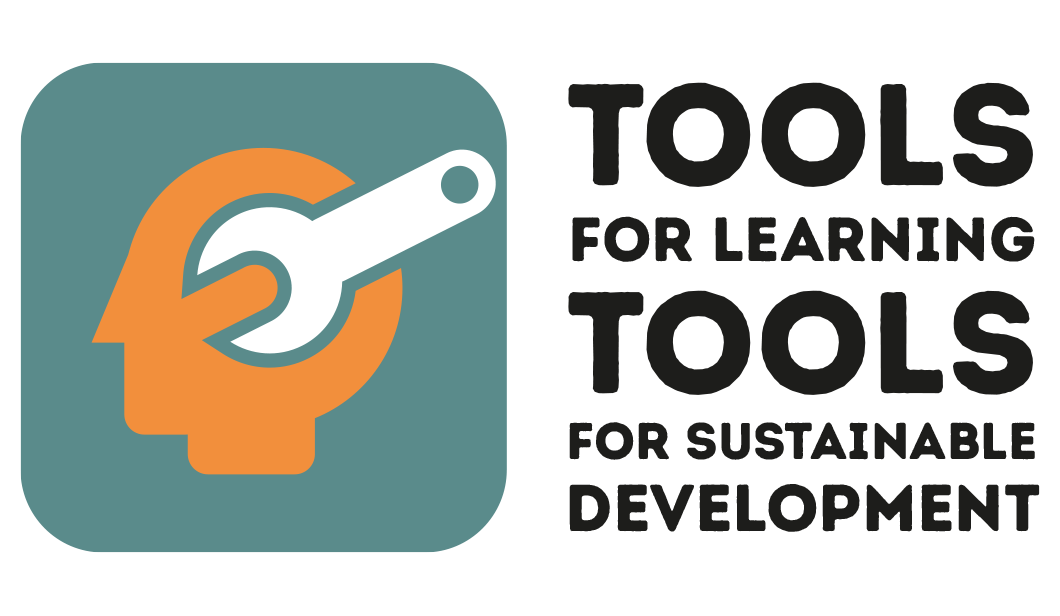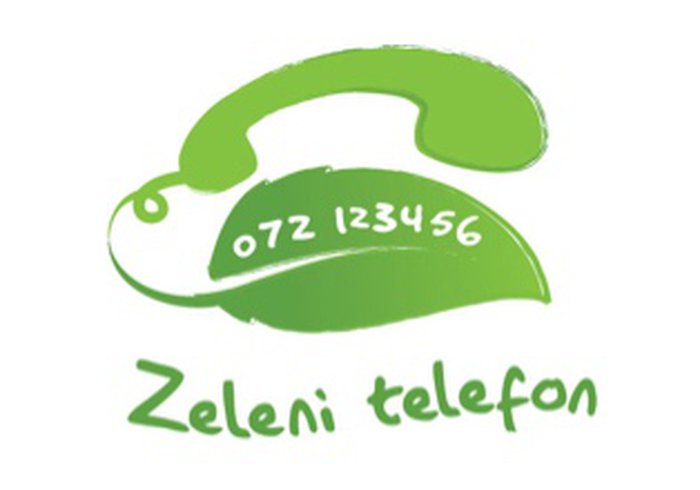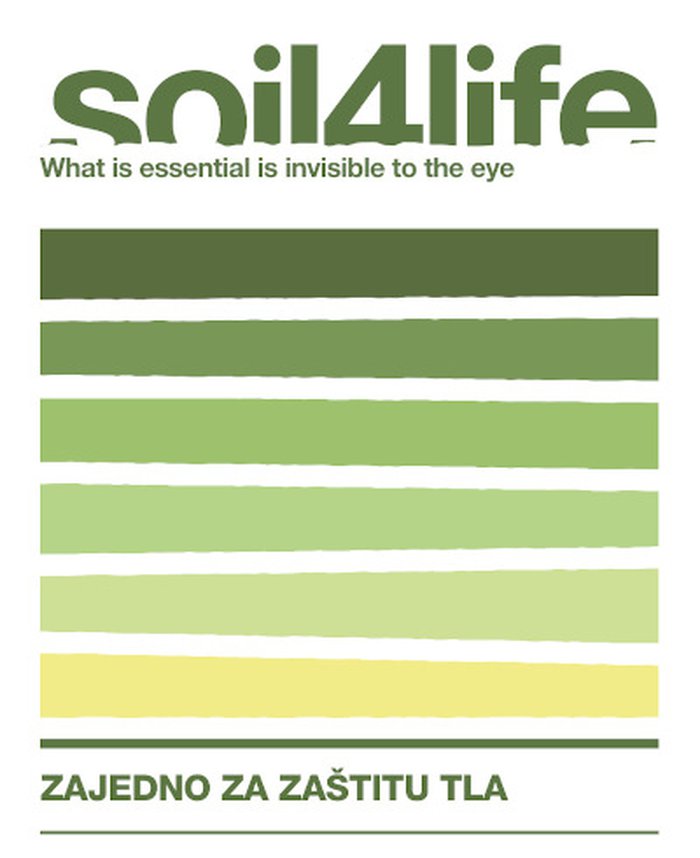
Project title: Tools for learning - tools for sustainable development
Project duration: Nov 01 2020 - Apr 30 2022 (18 months)
Co-financing by the Erasmus+ Programme: 47,330.25 EUR
Applicant: Green Istria
Partners: Legambiente Lombardia Onlus, Milan, Italy, IPoP - Inštitut za politike prostora, Ljubljana, Slovenia
Project objectives and target groups
Objective 1: To strengthen participating organizations' capacities for innovative sustainable development youth work based on non-formal learning tools
Target group 1: 9 youth workers from 3 participating organizations
Objective 2: To provide innovative and competence-oriented sustainable development teaching tools and assessment methods for teachers
Target group 2: 3 teachers groups in 3 countries: 20 teachers from the Istria County, Croatia, 10 teachers from Ljubljana, 10 teachers from MIlan
Objective 3: To empower young people to act as agents of change for sustainable development
Target group 3: 30 young learners (15-18 y.o.) in Ljubljana, Pula and Milan
Project summary
Participating organizations recognize the need to expand their expertise to other green sectors and to develop new competences, green skills and methods which are currently outside their organization’s primary area of expertise. Only this would enable the organizations to be modern, and up to the expectations of youth, offering more attractive programs regarding topics that present some of the most pressing challenges, such as environmental ones and climate change. Thus, the first objective of the project (O1.) is to strengthen participating organizations' capacities for innovative sustainable development youth work based on non-formal learning tools. Activity A 1. (A 1.) Training for the trainers for exchange of good practice, green skills and innovative non-formal learning tools will strengthen the capacities of 9 youth workers from participating organizations, increase their ability to provide better quality work and activities in favour of young people and enable innovation in their youth work methods and practices.
Once empowered, the youth workers become catalysts of positive changes with regards to environmental and climate change challenges and positively affect the level of two other target groups - the young people and the teachers.
The youth workers will engage 30 local young volunteers/learners into 3 project workshops for testing new non-formal learning tool/s in local settings, in Pula, Milan and Ljubljana (A 3.). The youth workers will test their innovative practices and newly acquired non-formal learning tools exchanged during A 1. Each participant organizations’ youth workers will take over other organizations’ tool/s and apply it/them locally in direct youth work to see if the tools would need any adaptations to be in line with the local youth’s needs. Simultaneously, they will prepare and empower young people to act as agents of change for sustainable development (Objective 3. of the proposal), raise their awareness about the environmental and climate change challenges and improve their citizenship and other competences, including transversal and green skills. Learners will benefit from better understanding about the effects of their actions on the environment and how their new skills can broaden their opportunities to volunteer and work in the green sectors. Thus behavioural changes of their individual preferences, consumption habits and lifestyles will be enabled.
In order to promote the recognition and validation of youth work and informal and non-formal learning, the Youthpass processes for exploration of the acquired competences and self-reflection about the learning outcomes will be implemented within A 1. and A 3. activities (e.g. by adaptation of existing Youthpass games, creation of new games or using learning diaries) and 39 Youthpass certificates issued for youth workers and young learners. Additionally, 30 volunteer log books and Certificates of competences acquired through volunteering will be issued for the young learners.
In order to provide innovative and competence-oriented sustainable development teaching tools and assessment methods for teachers (Objective 2.), youth workers will create a handbook (A 2.1.) - a tool for teachers' modern, competence-based teaching on sustainable development, with included innovative non-formal learning tools derived from participating organizations’ youth work good practices, and assessment methods of students’ learning outcomes. The youth workers will organize 3 presentations of the handbook for 40 teachers in Pula, Ljubljana and Milan (A 2.2.) and offer assistance to teachers willing to apply the tools from the handbook in their work. By these activities, and by engaging in dissemination of the handbook (which will be sent to all schools in Croatia, Slovenia and Lombardy and institutions relevant for school education) they will open up their work to cross-sectoral cooperation allowing greater synergies with the school education system. Even though the handbook will be designed with the primary purpose to support teachers in developing innovative teaching and assessment methods, and promote competence-oriented teaching and learning, the handbook will also serve as a useful tool for youth workers within numerous CSOs in Italy, Slovenia and Croatia that provide youth work (primarily CSOs already covering issues related to sustainable development, but also CSOs that will be inspired by the handbook to widen their expertise and start implementing the tools for the benefit of their targeted youth).
As the needs and problems in 3 countries are common/transnational in their essence, they can only be tackled transnationally. The project supports a never ending quest of youth workers and teachers for innovation in order to provide better quality work and inspire the change towards sustainable development within their young learners.
This communication reflects the views only of the author, and the Commission cannot be held responsible for any use which may be made of the information contained therein.



